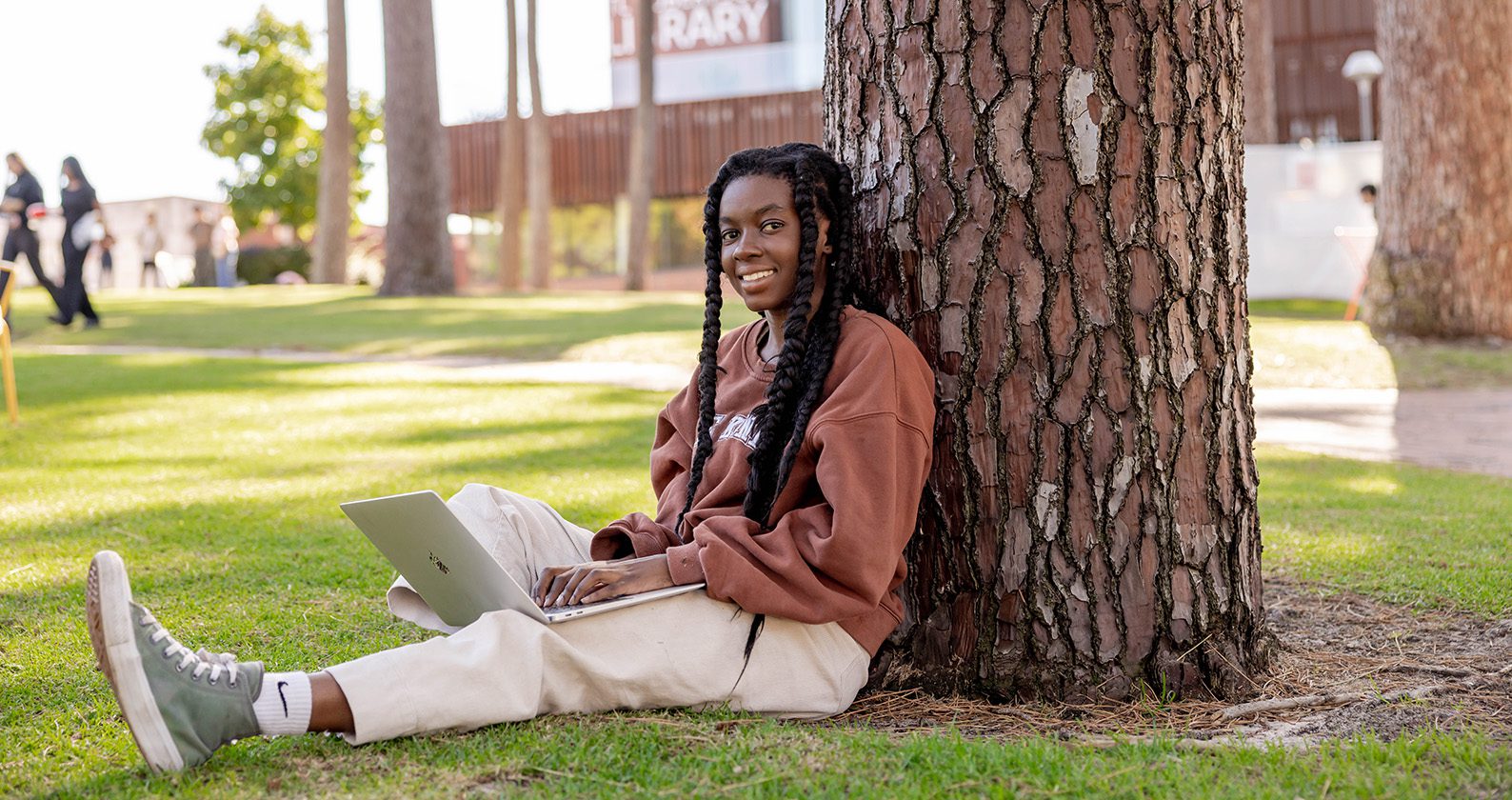Reading time | 3 minutes
Confused about what counts as cheating? From collaboration gone wrong to dodgy online “help,” here’s a simple guide to keeping your work legit at uni.
When deadlines are piling up, it can be tempting to take shortcuts. But at Curtin, academic integrity isn’t just a policy. It’s about fairness, trust and proving what you can do. The problem is, cheating isn’t always as obvious as copying from a mate’s paper. Let’s break down what actually counts (and how to stay safe).
1. Copying and plagiarism
Plagiarism is the classic academic mistake, directly copying text, ideas or designs without giving proper credit. It doesn’t matter if it’s intentional or accidental, like forgetting a reference, it’s still considered plagiarism. That’s why it’s important to always acknowledge your sources and double-check your work before submitting.
How to avoid it: Use Curtin’s referencing guides and always acknowledge your sources. When in doubt, cite it out.
2. Collusion (Working together when you shouldn’t be)
Helping out a friend might feel harmless, but if the task is meant to be individual, sharing answers, notes or drafts can be seen as academic misconduct. Even if your intention is just to support them, it could still put both of you at risk. Always check the rules first and find other ways to help, like studying together or explaining concepts.
How to avoid it: Double-check the unit outline to see if the task allows group work. If not, keep your work to yourself.
3. Contract cheating and dodgy websites
Paying someone to write your assignment, using “study help” sites or downloading pre-made answers is considered serious academic misconduct. Curtin has systems in place to detect this, and students do get caught. Beyond the risk, it also means missing out on the learning that your degree is all about.
How to avoid it: If you’re struggling, reach out to your tutor or take a look through the study support page, instead of visiting shady sites or Instagram pages. There’s always heaps of support if you need it, and if you’re struggling to do the work, reach out.
4. Exam misconduct
Cheating in exams can take many forms, sneaking in notes, using your phone or even whispering to someone nearby. And if you’re sitting an online exam, the exact same rules still apply. Staying honest not only protects your record but also ensures the results reflect your own effort. Plus, it helps you build the skills and confidence you’ll actually need beyond uni.
How to avoid it: Stick to permitted materials only and read the exam instructions carefully.
5. Falsifying data or references
Making up sources or faking results for your report might seem like a shortcut, but it’s a serious breach of integrity. Not only can it lead to penalties, but it also undermines the value of your work. Being honest with your data and references shows real academic credibility and helps you develop genuine skills.
How to avoid it: If your experiment or data collection didn’t go as planned, explain the issues honestly, lecturers would rather see real challenges than fake numbers.
Why it matters
Academic integrity protects the value of your degree. Employers and future opportunities depend on Curtin grads being trusted to do quality, honest work. Cheating might seem like a quick fix, but the risks, like failing the unit or worse, just aren’t worth it.
The takeaway:
If you’re unsure whether something’s okay, ask your lecturer or check out the Academic Integrity resources. The library has game-ified ways of learning how to correctly reference too! Being clear now, saves you a lot of stress later.
The Academic Integrity Program also can help you learn about the concept of academic integrity, Curtin’s values and what Curtin expects of you as a member of this academic community.
Bottom line: Do your own work, cite your sources and when in doubt, ask.



